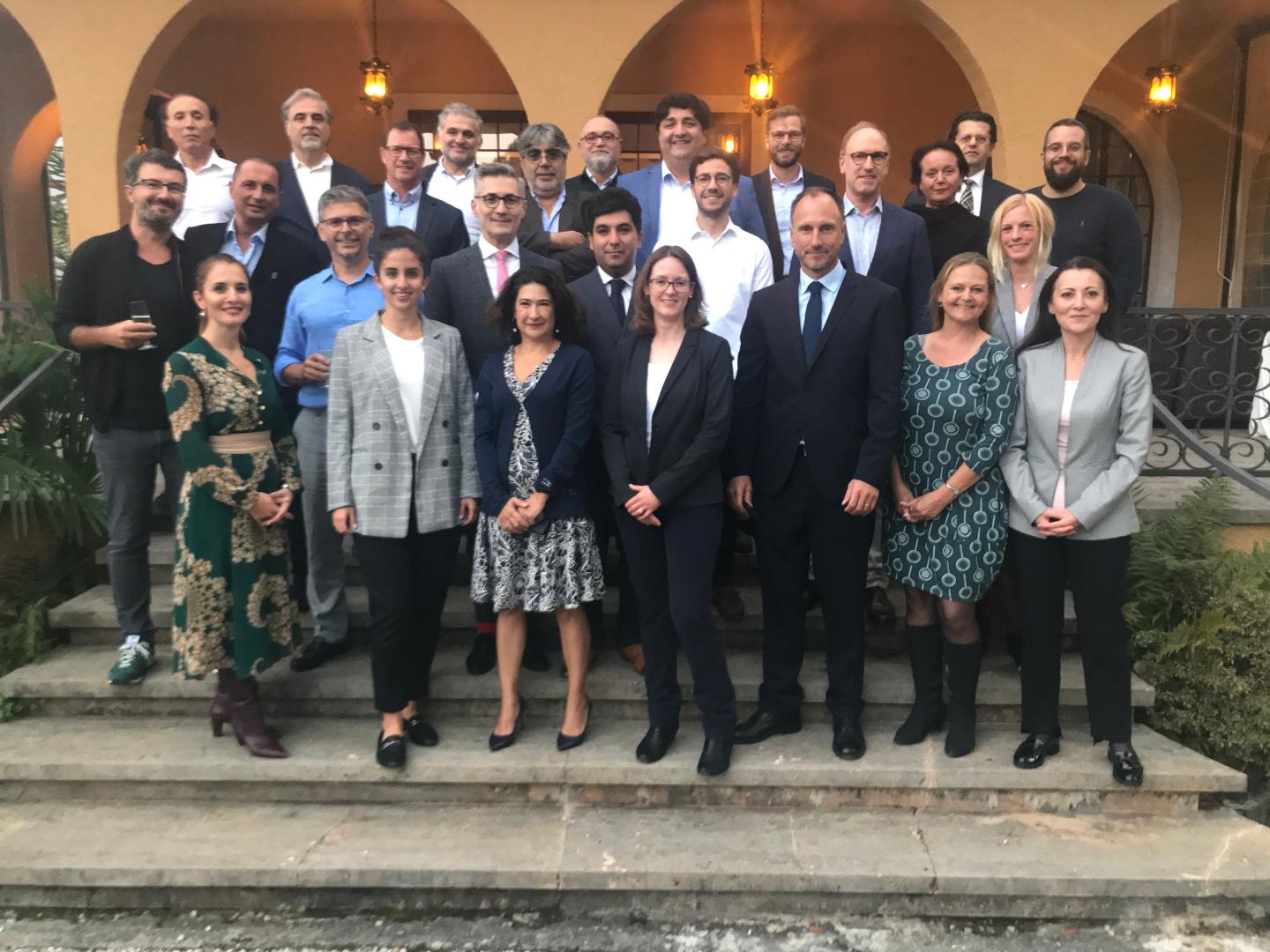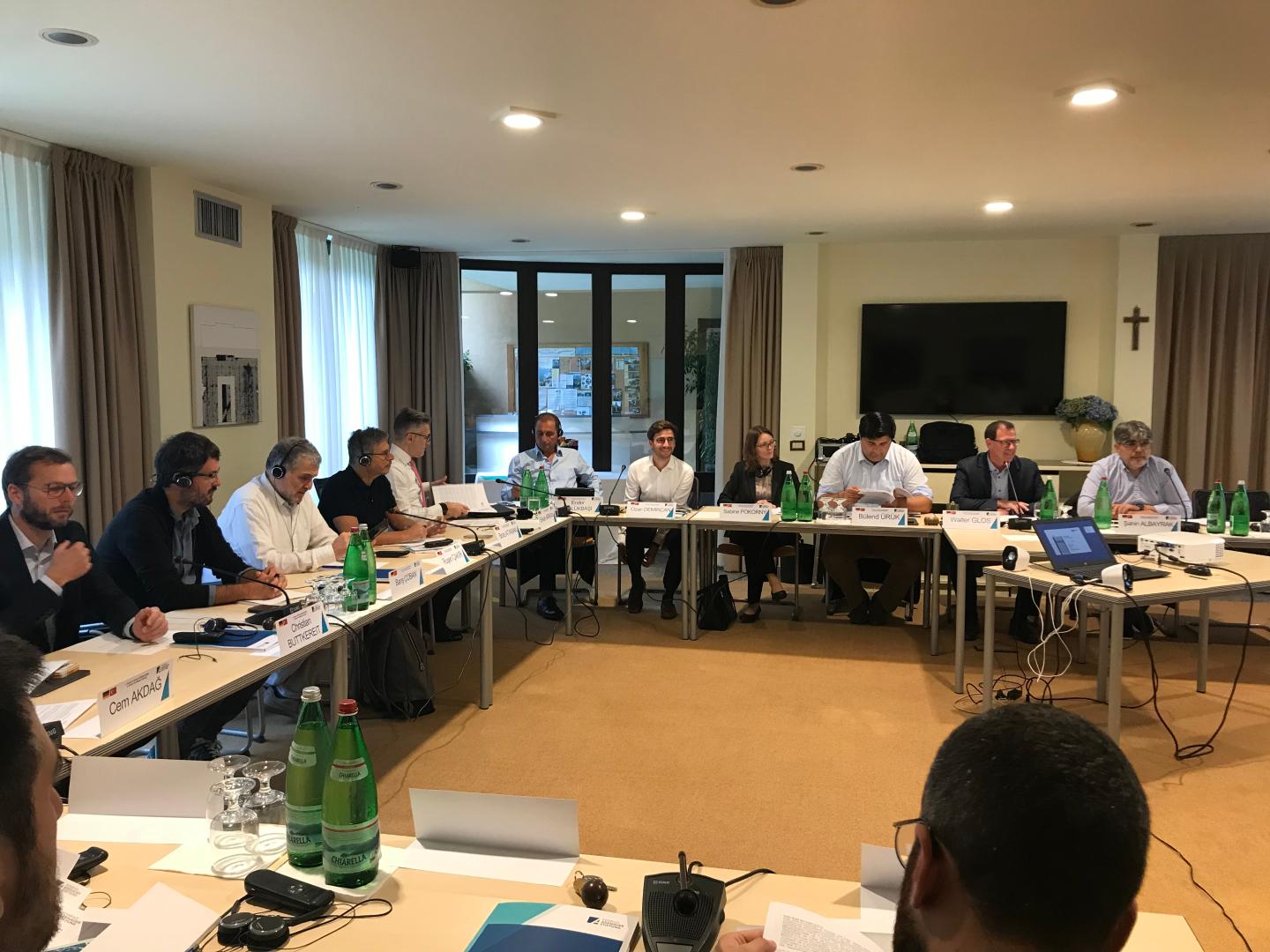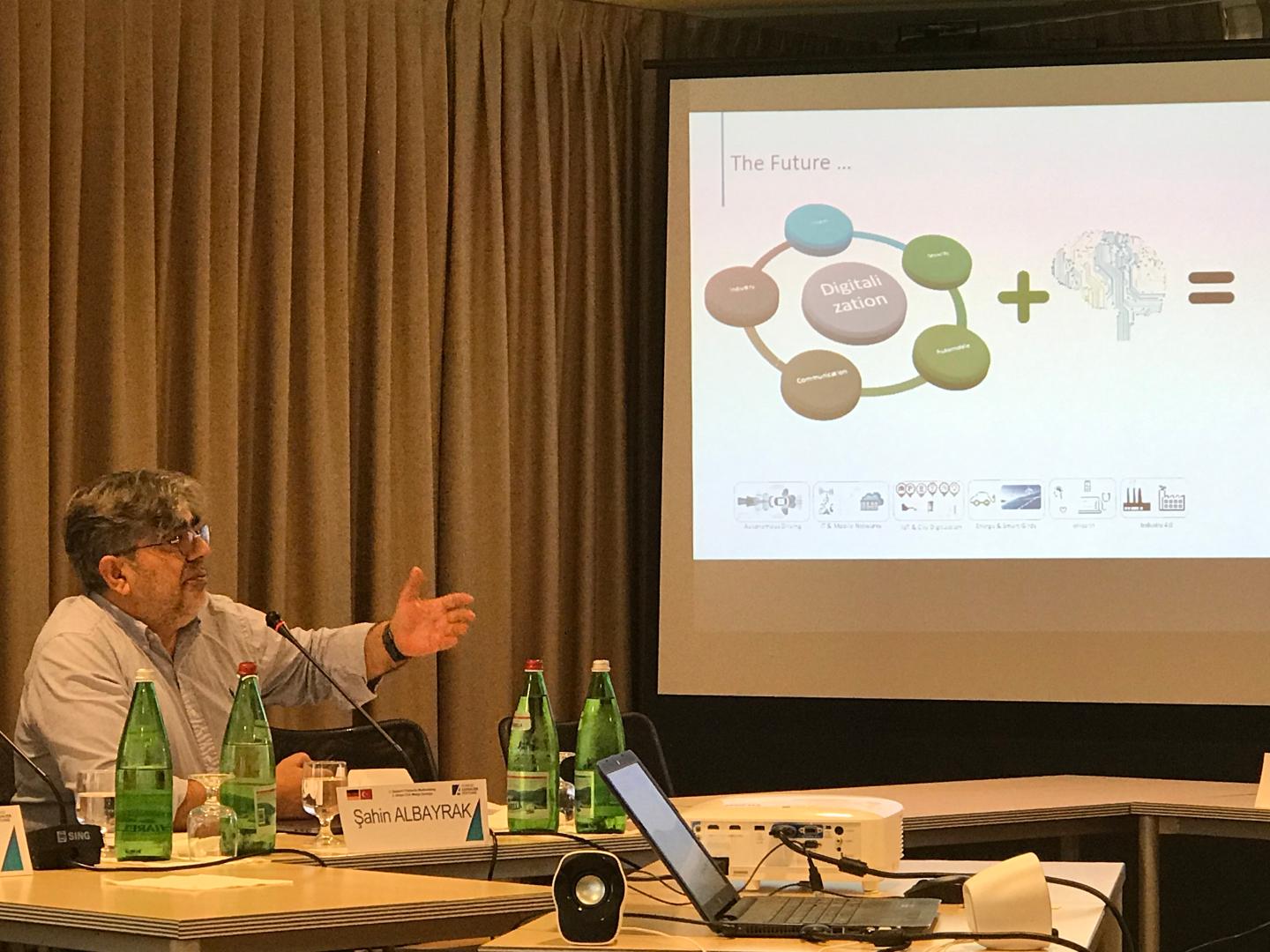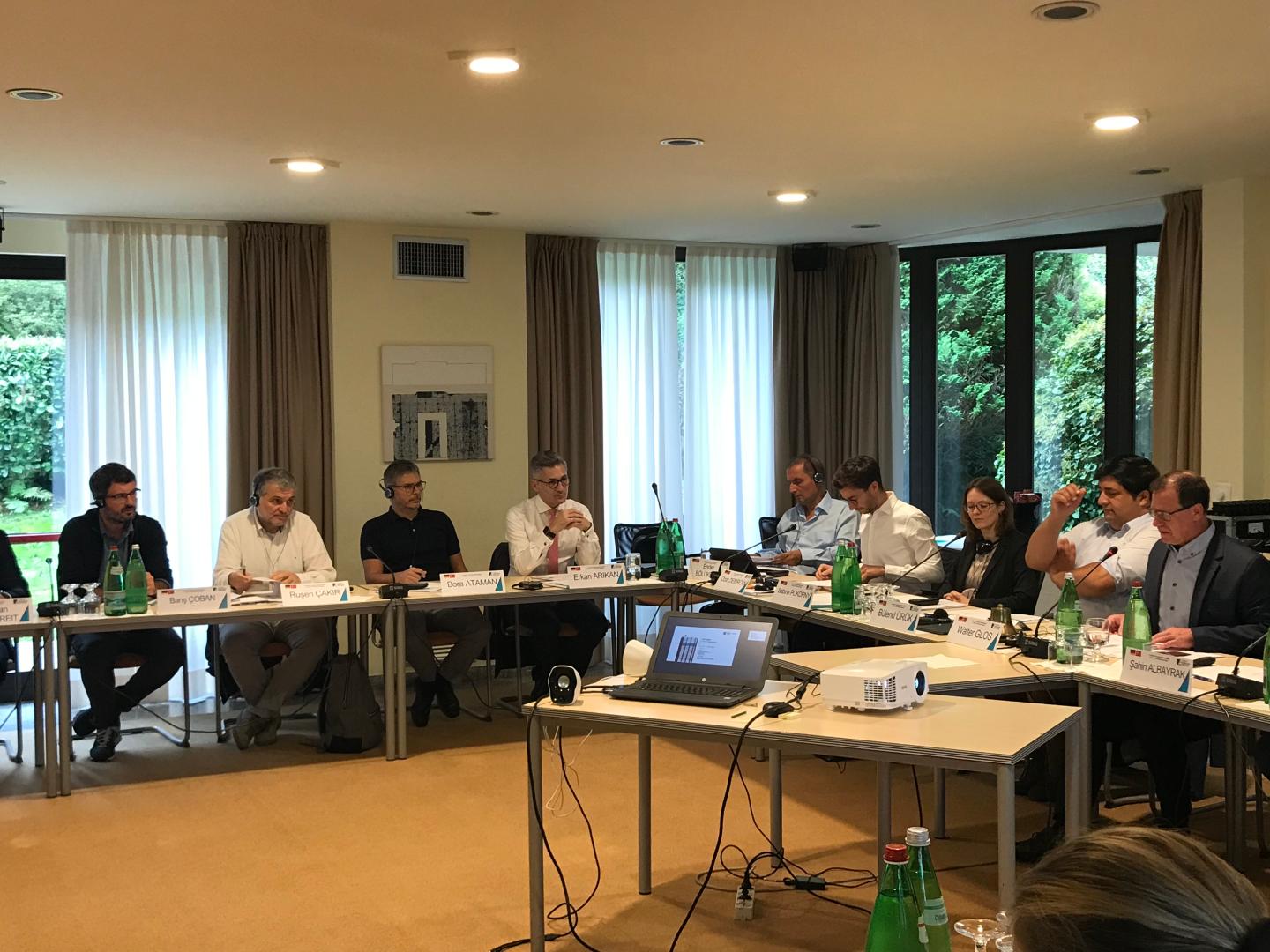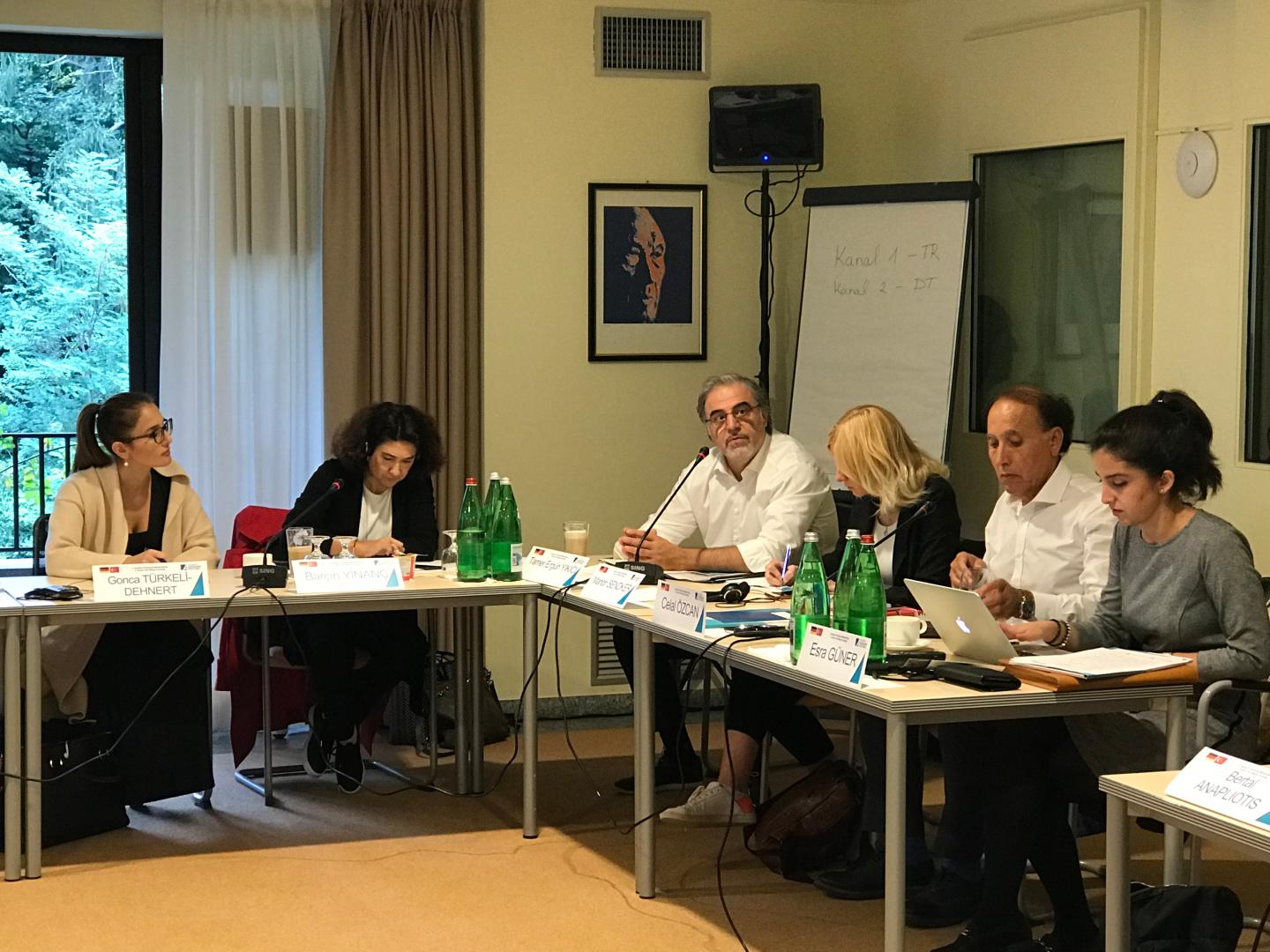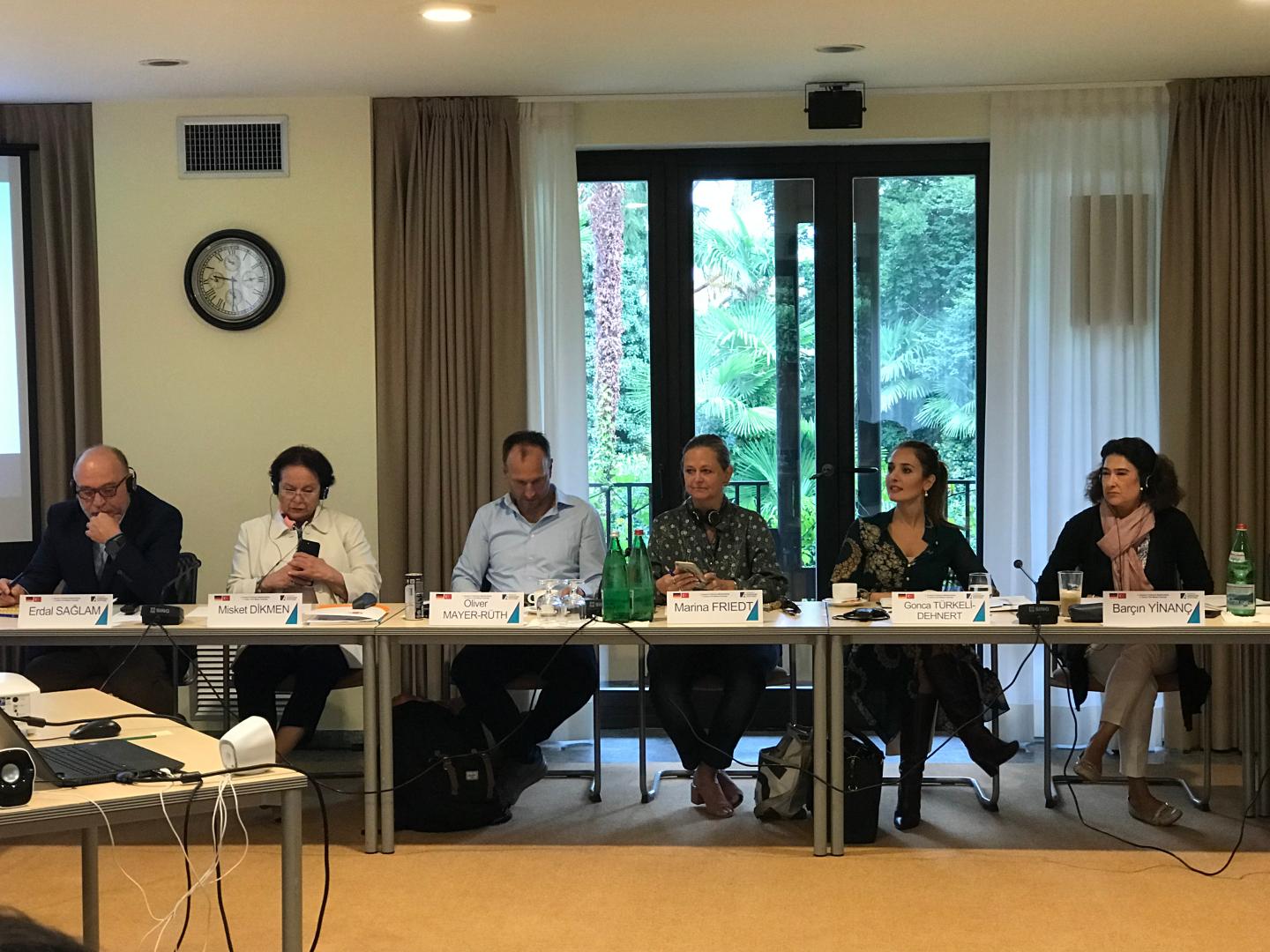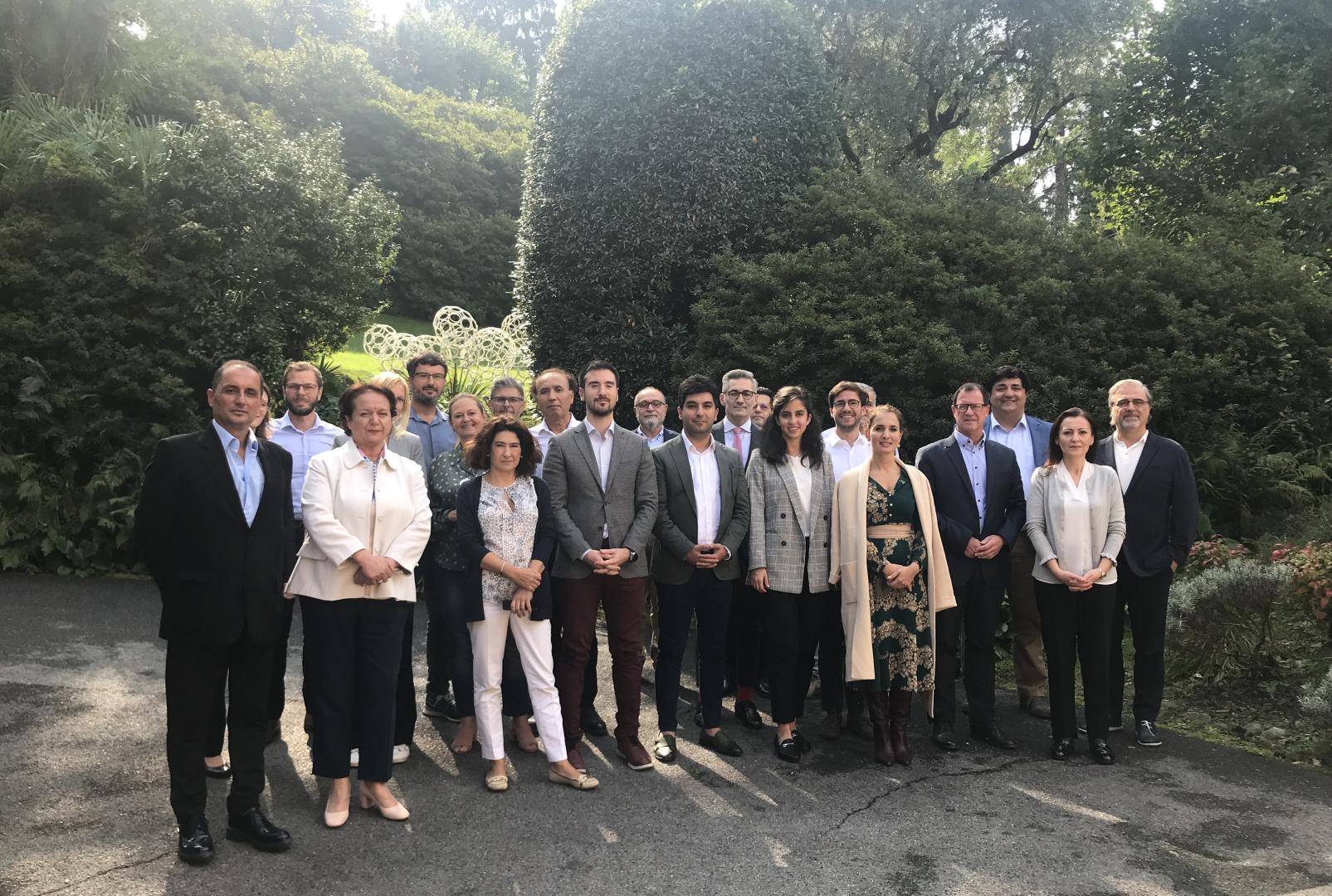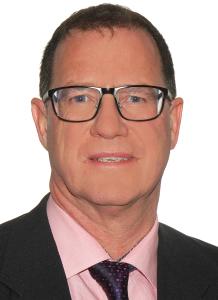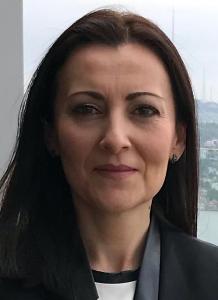2nd German-Turkish Media Dialogue 2019: "The Future of Media – A German-Turkish Comparison" - Foundation Office Turkey
Seminar
Details
Massive upheavals accompany journalism. Like no other area, reporting is undergoing digital transformation. Technical innovations and social media have radically changed the rules of media - and will continue to do so in the future. Digitization is an unstopable process for TU Berlin's DAI Laboratory, and it has therefore been described in detail why concepts such as Smart Space, Natural Language Processing and Real Time Collaboration are more than just buzzwords and what they mean in practice.
Media plays an increasing role in society and so participants quickly came to the question of whether there would still be a need for the traditional media. Some of them were optimistic. Even if future systems could even generate texts, "journalism can’t be erased." On the contrary, it gives journalists the opportunity to be more creative. Nevertheless, for some in the plenary, digitization seemed not only to be a tool, but also a possible competitor or even a potential danger, such as the concern about political surveillance and manipulation in the media.
The use of social media and the resulting effect on social opinion building was the topic of the first panel. KAS Berlin explored the question of whether the so-called "social" media lived up to its name. A study was presented, in which the influence of the social media platform Facebook was taken under the microscope. The Turkish side presented a more extreme picture of social media usage. Of the total 82 million inhabitants of Turkey, 76 million own a mobile phone, 52 million of them are even active social media users (approx. 38 million on Facebook, approx. 38 million on Instagram, and approx. 9 million on Twitter and 7, 3 million on linkedin). There is no question about the influence of social media in the political information and decision-making of voters, whose dealings in Germany as well as in Turkey are still lacking in finding right strategies and therefore have to be worked out first.
Another panel discussion proved that other channels can also serve as a contact point for qualitative information gathering in addition to social media. It was about foreign (youtube) channels, which should serve as an alternative to mainstream media such as Deutsche Welle (DW) and its partner broadcasters, the British BBC, the French channel France24, and the US Voice of America. On the Turkish side, medyascope.tv was given as an example, which is a small Internet platform in Istanbul and employs journalists who pursue the utmost in objectivity.
Media financing was also part of the media dialogue. The largest unemployment in Turkey is in the media sector, emerged in the discussion. It was stressed out that the distribution of public money may not always be fair. At the same time, the committees are often accused of politically and economically motivated decisions. The German concept, according to which millions of people in Germany pay 17.50 Euro per household for the public-legal journalism was discussed. The broadcasters would need more money, especially as new demands of digital journalism made investments necessary. The print numbers of the Turkish newspapers are mostly declining. Strategies need to be developed to generate money through new digital channels. For example, youtube is used by 92 percent of Turkish Internet users.
The fact that the German-Turkish Media Dialogue does not only mean the future of German and Turkish media representatives in each other's country, was illustrated by further panels, such as on "Media and Diversity". The first German-Turkish radio station "Metropol FM" in Germany was presented. Programs for political and cultural participation are special concerns of this station. Further success stories of diversity were reported by the Deutschlandstiftung Integration, which not only supports media-effective campaigns but also supports scholarship programs for people with a migration background, as mentors guide them through their lives. Everyone agreed that diversity in the media had to be promoted. Women could act as pioneers for minorities.
Finally, they threw a critical look at the problems of German media representatives in Turkey and vice versa. Turkish media in Germany were also struggling because foreign journalists have been under surveillance since 2017 if it is in Germany's political interests. By contrast, foreign journalists in Turkey are more likely to have accreditation issues. Often the correspondents would have to wait a long time. Both sides agreed that closer cooperation should be encouraged.
Another agreement among the participants was the future of the German-Turkish network: they want to further intensify and sustain their contacts and thus they set out on their journey home. In the luggage: many new ideas, intentions, new impulses for the future and a lot of new contacts.



